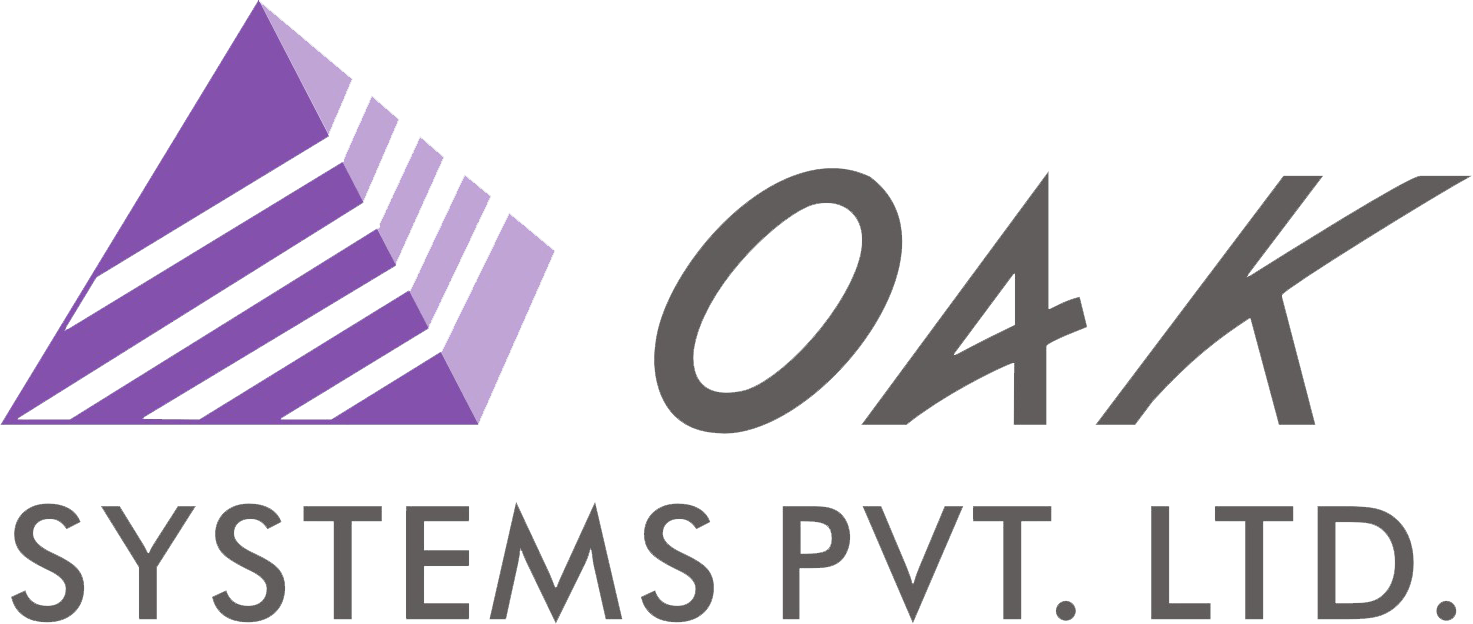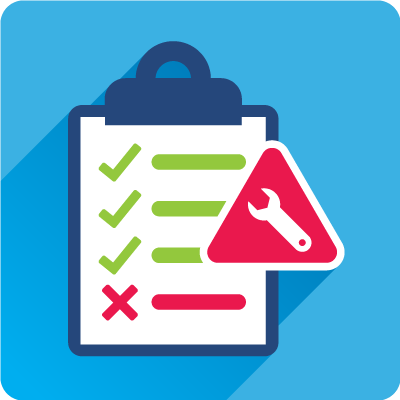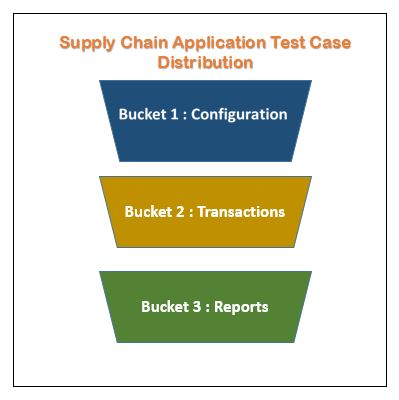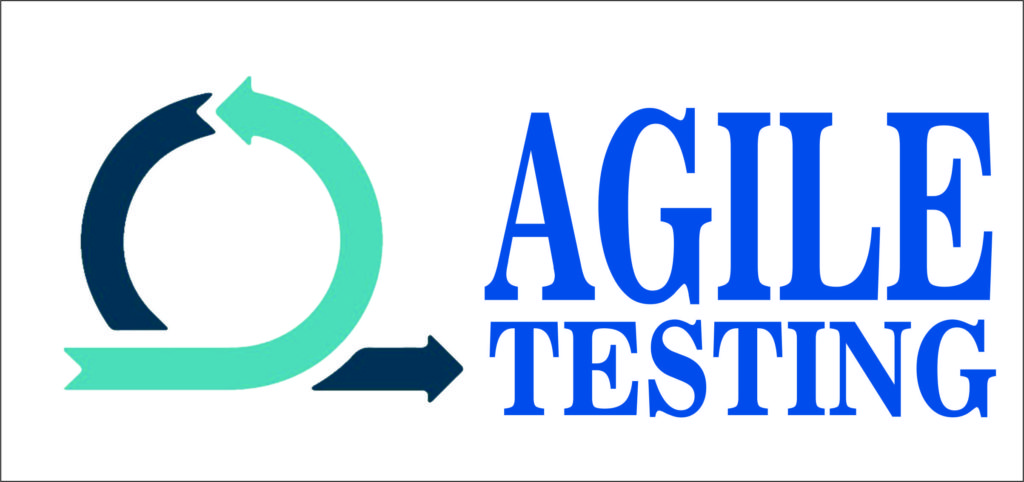Resource Center
Advantages of Performance Testing
Maintaining optimum web application performance is a top priority for application developers and administration. Load testing enables them to do this is several ways, such as follows: * By predicting the performance of the web application through intensifying the load artificially * By detecting the bottlenecks early in the development phase * By predicting future
Limitations of Performance Testing
Load testing is a powerful and cost-effective technique for analyzing web application performance. Even the most carefully constructed load-testing environment cannot reproduce the real world perfectly. Some of the limitations include: NETWORK IMITATION: Load tests are executed in a LAN. Real-world traffic, on the other hand, is sent over a WAN, and can encounter many
Frictionless Banking
Frictionless banking is the new buzz word in the Financial industry. It has taken over as the most important topic in the recent times. However, the real meaning of it is to remove the friction of banking experience to the customer by various means, trying to make every transaction from the customer in a more
Art of Defect Reporting
Along with a good testing process, good defect reporting plays an important part in ensuring that the effectiveness of testing is maximised. Effective communication of outcome of testing to the intended audience is vital. The defect report must have all the details and clarity in communicating the defect to the developer such that the developer
Smart Regression Testing
Is regression testing a mundane task? What value does regression test add? Well, the answer is it is not a mundane task. Designing a regression strategy goes a long way in ensuring product quality with least effort. Typically, regression testing constitutes 70 percent of the total testing effort due to frequent changes done in the
Strategy for Mobile Applications Testing
Just as in any other application software testing, we need to define our strategy for carrying out the testing of mobile applications. The strategy is developed based on the goals/objectives of the software, target user profile, functional and non-functional requirements, schedules and availability of resources among other things. Extent of test automation during development and
Key Challenges in Automation Tool Selection
The key challenges in selecting automation tools include the following: 1. Deciding the objective of automation Often people jump into deciding to implement an automation tool assuming automation would bring benefits and tool is good, without worrying about the objective the automation project is going to achieve. One of the first challenge to overcome is
Tooling for Test Management
There are many commercial tools for test management (few open source as well). These tools have broadly two categories of features – (i) Test case management (ii) Bug-tracking. While there are number of open-source tools (for eample, Bugzilla), there are not many in open-source category to combine test case management and bug-tracking functionality. Below table
Key challenges relating to testing in agile development environment
The key challenges relating to testing in agile development environment include: 1. Testing process not keeping pace with the agile development process Recommendation – Agile development aims at releasing rapid upgrades each of which may be small but crisp. The testers need to plan their activities in line with in the agile development activities. This
BlockChain in Banking
Blockchain is the latest buzz word in the Banking industry. Almost all of us have heard this time and again by now, and lets now try to understand a bit of what exactly is Blockchain. Blockchain is a distributed ledger, in which the blocks containing transaction details are connected chronologically to form a series of
















